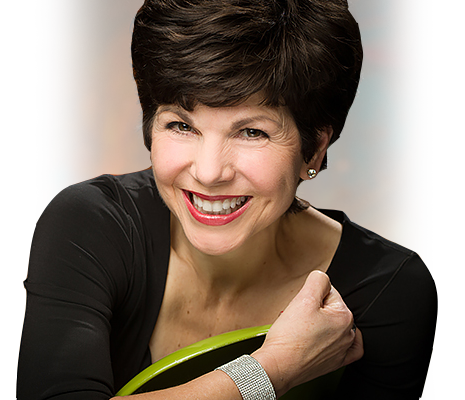In this blog post, guest contributor and licensed psychotherapist Shameka Argo shares her insights and personal experiences about the importance of minority mental health. Her approach puts focus on our collective responsibility while providing practical tips and resources to help safeguard our individual and community mental health and wellness. She invites us to get comfortable with the uncomfortable and shake the stigma associated with minority mental health and allow our communities to function as the ultimate safety net. our collective responsibility, and practical tips and resources to help safeguard our individual and community mental health and wellness. She invites us to get comfortable with the uncomfortable and shake the stigma associated with minority mental health and allow our communities to function as the ultimate safety net.
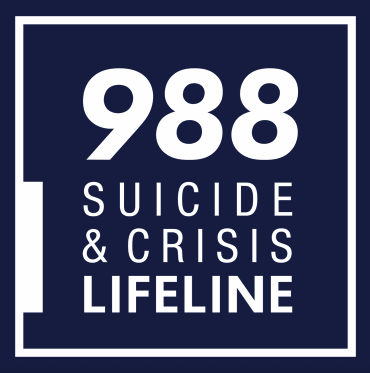
Have your heard the great news about the new 988 hotline? According to the website 988 has been designated as the new three-digit dialing code that will route callers to the National Suicide Prevention Lifeline (now known as the 988 Suicide & Crisis Lifeline), and is now active across the United States. The Lifeline Hotline 988 provides 24/7, free and confidential support for people in distress, prevention and crisis resources for you or your loved ones, and best practices for professionals in the United States. They also offer a Lifeline Chat service.
Rather than dialing 911 and getting the police or fire department , people in America can dial 988 and can reach trained mental health professionals who can listen compassionately and support the caller with emotional support, resources, and reassurance. You are not alone. And knowing about this great new resource – the 988 hotline – we can all help prevent suicide and make our communities healthier, stronger, and more peaceful for all.
Hearing this good news, I got more curious about mental health and its link to community health. That’s when I discovered that JULY is National Minority Mental Health awareness month.
National Minority Mental Health Awareness Month is observed each July to bring awareness to the unique struggles that racial and ethnic minority communities face regarding mental illness in the United States. The COVID-19 pandemic has made it harder for racial and ethnic minority groups to get access to mental health and substance-use treatment services.
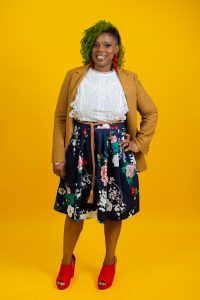
Becoming more aware of the pressing needs for minority mental health and the new 988 lifeline resource, I wondered who could I turn to deepen my understanding of these issues. I immediately thought of my valued colleague and friend Shameka Argo and invited her to write a guest blog in order to provide more context and compassionate insight as to why this issue of minority mental health is so important to all of us.
Shameka Argo is a licensed psychotherapist, an intuitive thought-leader, and owner of two businesses: Points of Origin, LLC mental health services, and Nova Luna Coaching offering life coaching and enrichment services. She proudly proclaims she is a #HumanizedWoman (don’t you love that personal brand!), and is a graduate of The Fearless Leader program. Check out the two videos Shameka created for our new YouTube Channel:
- VIDEO #2: Tap into the attractive power of self-confidence, allowing you to say YES to more opportunities that will help you grow, recommends Fearless Leader Shameka Argo
- INVITE: please subscribe to our new YouTube channel>>
Please enjoy reading this insightful guest blog written by Ms. Shameka Argo!
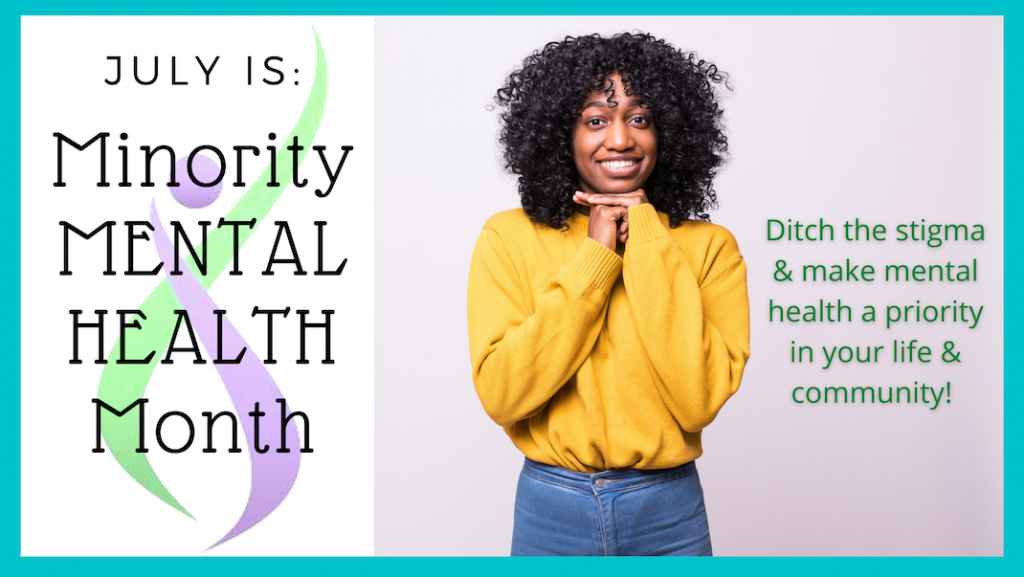
July is Minority Mental Health Awareness Month
Connection to Community and Carpe Diem are In!
by Shameka Argo
It is a fact that as a culture, our journey began long before our individual existence and I don’t know about you but I don’t want to fight, I just want to live. I want to live justly and experience peace and happiness without having concern for my safety or an expectation for me to identify as something other than who I am.
Another fact, we are all connected to something larger than us. This is our community whose very nature is designed with a dynamic definition of purpose and mutual benefit. What I have discovered through my own individual journey towards life as a #HumanizedWoman is that I, like many minorities, was robbed of my individual spirit and the spirit of community very early in life.
As a child, I was not taught to connect to the spirit of community or my emotions. Naturally, this is likely to stunt one’s growth and ability to even experience the pure excitement that accompanies a decision to seize the day or function soundly and confidently in their purpose. Even worse, it is easy to see how this may make it even more challenging for one to sit firmly in their potential and care for their overall mental health and wellbeing.
Like many minorities, I was taught to do what I was told without question, to follow direction and simply do as expected. My teachings came from spaces where I was required to function with respect and understanding even though I didn’t understand or feel respected. I don’t know about you but this taught me resistance and resilience and led me down a rabbit hole. This sense of confusion would occasionally lead me to function with unintentional recklessness with regard to my mental health. In turn this often translates to an expectation that it is not an option to expect to be heard by others. Furthermore, it often transforms into self doubt, leaving one to struggle with confidence in their own beliefs, subsequently stifling their own voice. This phenomenon is then compounded with the encouragement to focus on others, leaving many minorities conditioned to not only worry about everyone else but to also work tirelessly to fix the problems of others. As for me, at times, I even found spaces where I’m sure my teachings and “position” in society as a minority, also led me to not trust myself and what I saw, felt or believed to be true.
Clearly the odds were stacked against me and like so many others, my mental health didn’t stand a chance. That was until I landed on a lesson that still remains intact today. Curiosity didn’t kill the cat, it was a lack of connection, community and a perceived inability to seize the day.
What if there is more?
As a psychotherapist, I have found that working to undress the stigma and expectations placed upon us is an integral component in addressing both individual and communal mental health. Ever heard of the saying, “a system is only as strong as its weakest link?”. The honest facts are, the people who taught me so many lessons were often taught the same lessons they taught me. Our parents were usually taught out of angst and a basic need for survival all while their parents were still trying to stay above water and heal from their own journey and acts that were inflicted upon them. Therefore, a large part of the work to be done in undressing this stigma lies in the stories that are created out of new experiences. When integrated with a revision of past experiences, these new experiences can help to create a platform for your version of a “#HumanizedWoman”. In turn, an integration of community will support long term growth and stability in overall mental health.
Consider this…
If we are able to find a way to fight those nagging sounds, reigniting the curious child within us who used to ask questions only a child would ask, we too would find community and the courage to seize the day, taking risks that we’ve long since been conditioned away from.
The evolution of a #HumanizedWoman was my answer
My mantra is one of a #HumanizedWoman, a woman who nurtures and worships her inner child. She is a woman who acknowledges her pain and works to shape it into an object of her desire. This is a woman who allows her journey to empower her to venture into the depths of community, finding appreciation for all things including her pain and the pain of others. In turn, she is great, acknowledging that “it will always be difficult to be someone you’re not.” This lies at the core of mental health and is in part due to our history as a minority. It is more than unfortunate and in speaking for my community, forgiveness is not the answer to a lot of what plagues the general mental health for minorities. If we are honest, we can admit that most have or will experience some form of adversity to some extent in their lifetime. Also, these experiences of adversity often present opportunities for challenge and growth, leading me to say with conviction, “I am not at fault for wearing the skin I am in”. As a member of my community, I ask that you join me in changing the narrative. I ask that you are intentional on not only serving others but also allowing the community to serve you.
4 Tips to Improve Your Mental Health and the Health of Your Community
In practice I have compiled a list of questions that I often ask myself and my clients as a way to challenge perspective. This practice supports further exploration of one’s mental health and their function within their systems and community. Working to take an honest and vulnerable look at your answers may assist you in creating a space of authentic connection, allowing you to confidently pour into yourself and your mental health. As an extension of my community, I have decided to share several of them with you in hopes that you will challenge yourself to find the Fearless Leader within you and share yourself humbly with your community.
- Take that time out. Children have tantrums but so do adults. My ask: Explore your emotions and share them. Get comfortable with your emotions and validate them. Honor your feelings instead of invalidating them. Remember, the truth is, there is a reason you feel this way. Work to understand your emotions and allow your community to help support you in making sense of them. SHARE them!
- Lie as little as possible. Please don’t tell me you are okay if you are not. If your son just had a tantrum in the store and that left you feeling overwhelmed and uncertain if you can still call yourself a good mom, please tell me that instead. I will listen without judgment and I will listen with compassion. Let me serve as your mirror and community and actually believe me when I tell you that you are not alone. I’ve been there too and we’re all okay. I would much rather give you a hug or nod of understanding, and even lend you my listening ear than know that you are going to go home, cry and continue the cycle.
- Function with grace and live in the gray as often as possible. Sometimes the love and compassion I can give myself is enough and sometimes it takes more work or time than I can imagine. Other times grace is only found in the experience of community, which naturally holds a wealth of options, imagination, creativity, arms for holding, and ears for listening. Imagine how impactful that night alone crying in bed could have been if instead you felt safe, warm and covered in love by the experience of community. Remember, we are only limited by what we can conceive, the answer again likely lies in community.
- Take care of you and the community will come. Ask yourself this question: “Do I allow myself to allow my community to serve me and help me care for my needs?” Yes, this is hard to do. We have, at this point in our lives, become conditioned away from being vulnerable. Consider how this serves as a barrier to caring for your individual mental health and receiving the support that would make the world of difference in your experiences and need to cope. It’s time to embrace vulnerability and recognize that asking for help is a strength, not a weakness.
If you are uncertain of how to serve in providing a sense of community and support for others, try asking them and providing the necessary reassurance and support. In practice, the community demands and requires that someone in need accepts the support offered as such, we are all responsible in caring for one another. Since we’re out of practice with regard to true connection, community and the spirit of risk taking, try this on for size:
Collective Responsibility
“Let me be here, in this space with you. I need absolutely nothing but to give you what you need at this moment. I ask that you let me do this and be available to you in this way, a way that I can support you the way you need right now.”
~ Shameka Argo
The current state of minority mental health is not your fault, it’s not my fault or the individual beside you but it is all of our responsibility. An agreement to function as a community without fault is a large part of the answer as is normalizing therapy which often serves as one’s sole sense of community and authentic connection. Let’s accept that things are the way they are for a reason and that the way we feel, think and behave are a large part of the equation. In order to win the battle with regard to our collective responsibility and minority mental health we must be intentional in finding ways to relate, connect and brighten the spirit of our children and the hopeful child within you. Yes it may feel yucky, scary and even presumably so much easier to avoid but we are not here to perpetuate pain. Instead, as a collective let’s get comfortable with the uncomfortable and shake the stigma associated with minority mental health and allow your community to function as the ultimate safety net.
May you go forth and be awesome and remember to seize the day. Carpe diem!
More Resources
For additional mental health resources and access to a directory of therapists, please conduct your research and find someone you can relate to. To help with this, I have provided a few options below.
https://borislhensonfoundation.org/
https://MyTherapistIsBlack.com
https://TherapyforBlackGirls.com
National Suicide Hotline: Dial 988 (free and confidential)
Addiction Help – Hotline (844) 345-0103. Read the post “The Relationship between African Americans, Afro-Caribbean Americans with Addiction.”
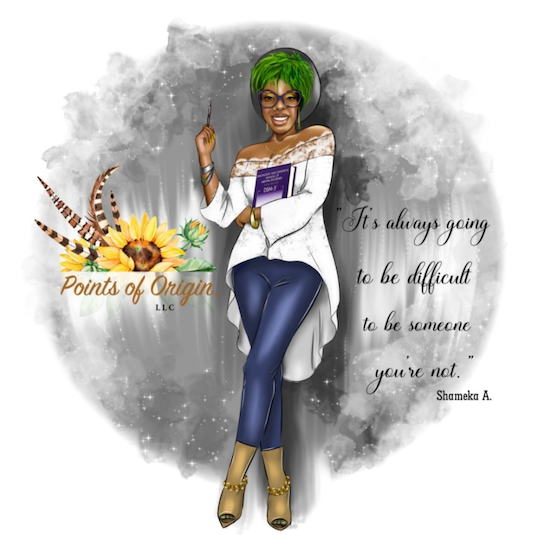 About The Guest Blogger
About The Guest Blogger
Shameka Argo is a licensed psychotherapist, intuitive thought-leader, a #HumanizedWoman, and owner of Points of Origin, LLC and Nova Luna Coaching. She is also a graduate of The Fearless Leader program.
Connect with Shameka Argo at https://www.linkedin.com/in/shameka-argo-lpcs/ or over a virtual coffee chat by visiting #ExperienceRelate.
Learn more about Shameka’s services at Points of Origin Mental Health Service and Nova Luna Life Coaching Services

